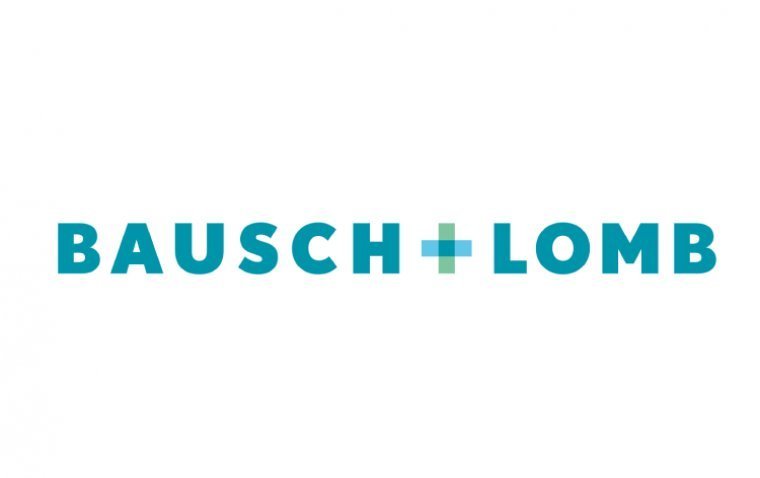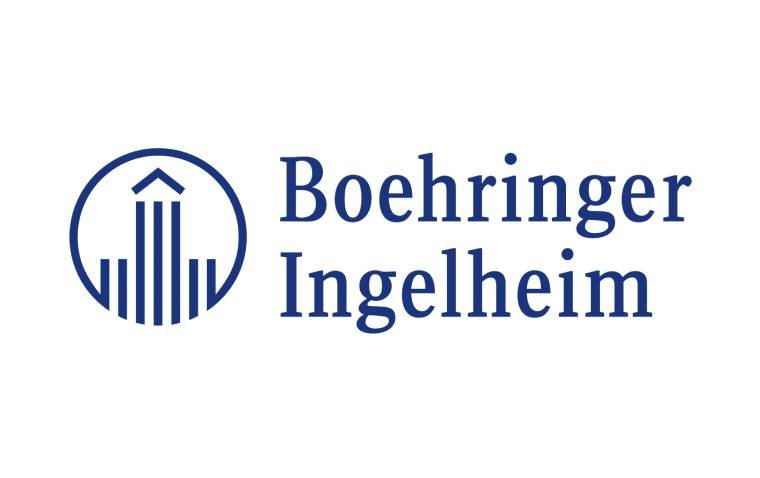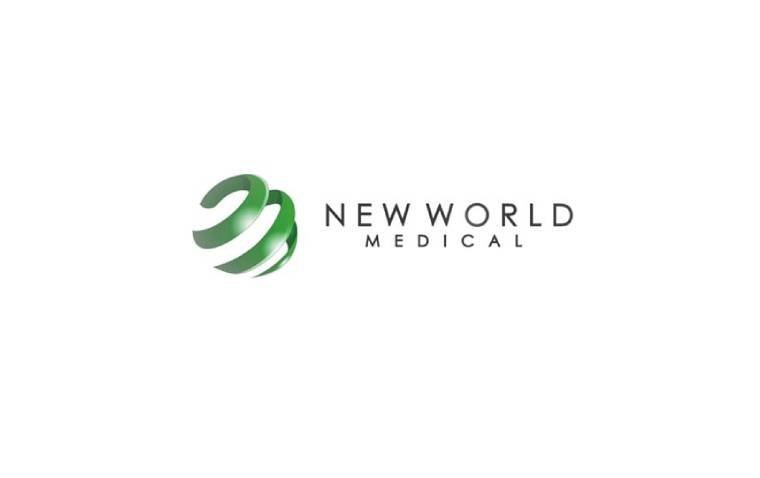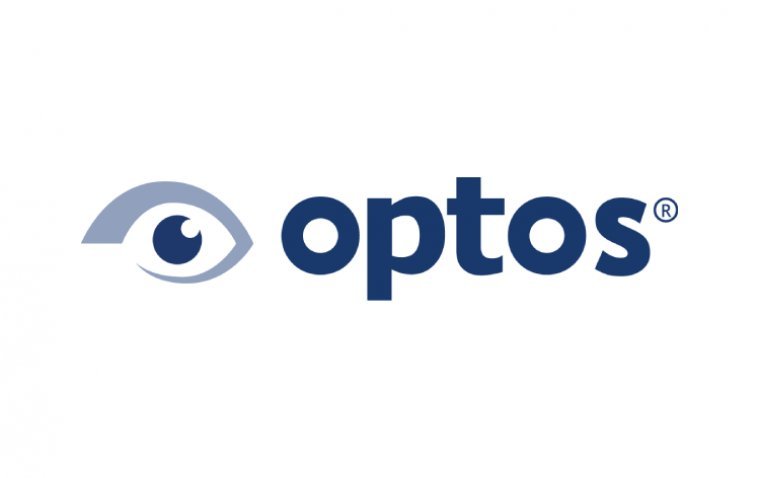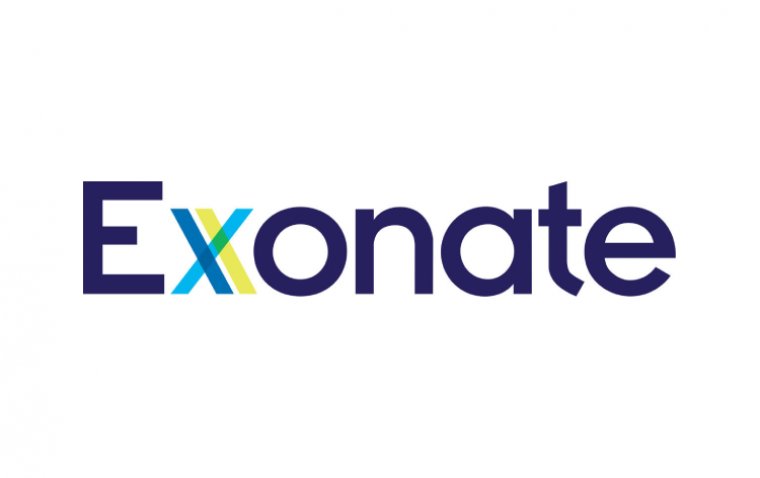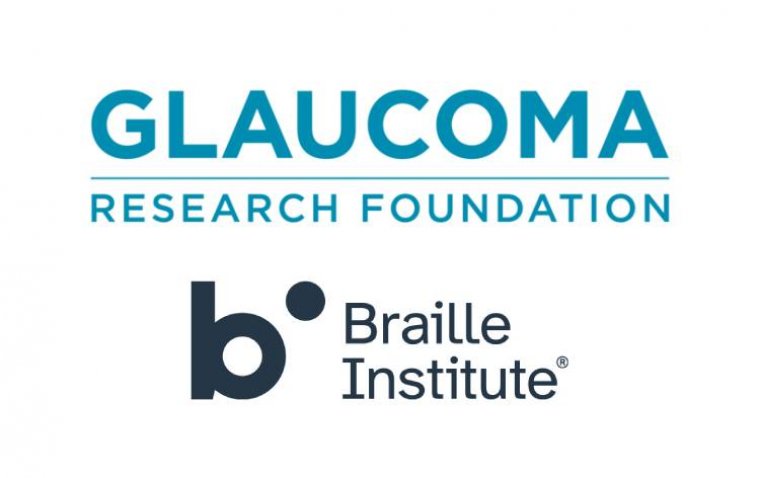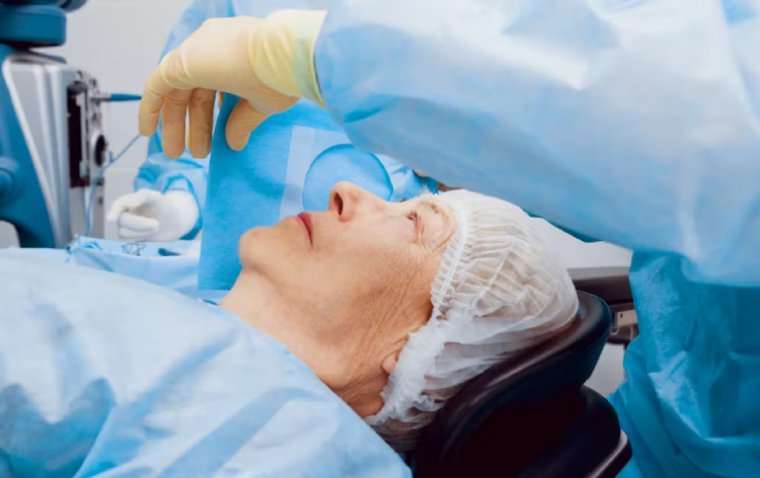
Ontario's Expansion of Private Cataract Clinics Faces Billing Complaints
Overview of Ontario's Healthcare Expansion and Billing Complaints
As Ontario gears up to increase the number of private clinics performing publicly funded cataract surgeries, a spotlight has been cast on the province's struggle with complaints about unfair billing. A freedom-of-information request by The Canadian Press revealed that from 2020 to 2022, there were 68 complaints regarding charges for services supposed to be covered by the Ontario Health Insurance Plan (OHIP), with cataract procedures being a significant point of contention.
The Iceberg of Complaints: A Closer Look
NDP health critic France Gelinas highlighted that the 68 complaints likely represent just the tip of the iceberg, as many people might not know how to navigate the complaint process. Among these complaints, 15 concerned charges for eye exams, and 13 related to cataract surgeries, pointing to a concerning trend in billing for these common procedures.
The response from the ministry to several complaints about cataract surgery charges was that records showed patients had consented to paying for non-insured services. In one notable case, a patient was charged $2,400 for a cataract extraction with an intraocular implant, a service covered by OHIP, only to be told they had agreed to additional, non-insured extras.
"This is not what consent is," Gelinas argued, emphasizing the vulnerability of patients, often elderly, seeking cataract surgery and potentially not fully understanding the financial implications of their consent.
Liberal health critic Adil Shamji, a doctor, echoed these concerns, pointing out the "significant power imbalance" between doctors and patients. Shamji's statement warned of the pressure from shareholders on private clinics to upsell uninsured services, compromising truly informed consent from patients.
The expansion of private clinics to include publicly funded procedures has faced criticism from the NDP, Liberals, and Green Party, who argue it will increase patients' vulnerability to being charged for additional, uninsured services. The Progressive Conservative government, however, is proceeding with plans to add more private clinics capable of performing cataract surgeries, MRIs, and eventually hip and knee replacements, assuring that patients will not have to pay out of pocket for OHIP-insured services.
Measures for Oversight and Quality Assurance
Health Minister Sylvia Jones has championed the expansion as a means to increase the number of procedures performed and reduce wait times. The government has also outlined measures to ensure these clinics operate under patient ombudsman oversight and that access to publicly funded services is not conditional on accepting uninsured services.
Despite the government's reassurances, the complaints and reimbursements made under the Commitment to the Future of Medicare Act, which amounted to roughly $44,040 over three years, reflect ongoing challenges in protecting patients from unfair billing practices in Ontario's evolving healthcare landscape.
The Process of Cataract Surgery
Cataract surgery is a precise medical procedure aimed at treating cataracts, where the cloudy lens of the eye is surgically removed and replaced with an artificial lens, known as an intraocular lens (IOL), to restore clear vision. This surgery is one of the most common and successful procedures performed worldwide, offering a high success rate in improving vision. The operation is typically done on an outpatient basis, meaning patients can go home the same day. It involves the use of localized anesthesia, minimizing discomfort during the procedure.
Advances in surgical techniques and lens technology have made cataract surgery safer and more effective, allowing patients to experience rapid recovery times and significant improvements in vision quality. The ability to customize the IOL for the patient's specific vision needs further enhances the outcomes, making it a pivotal solution for those suffering from the vision impairment caused by cataracts.
Reference:
https://www.cbc.ca/news/canada/toronto/private-clinic-billing-cataracts-ontario-1.7120818
(1).jpg)
